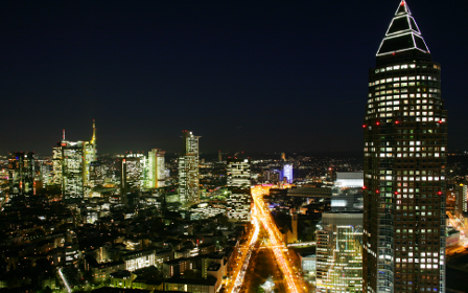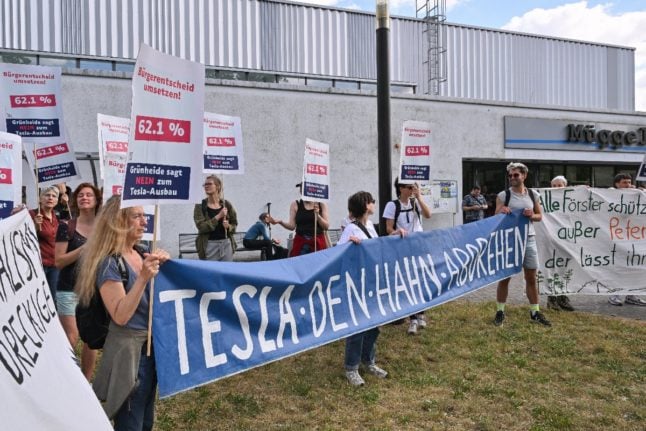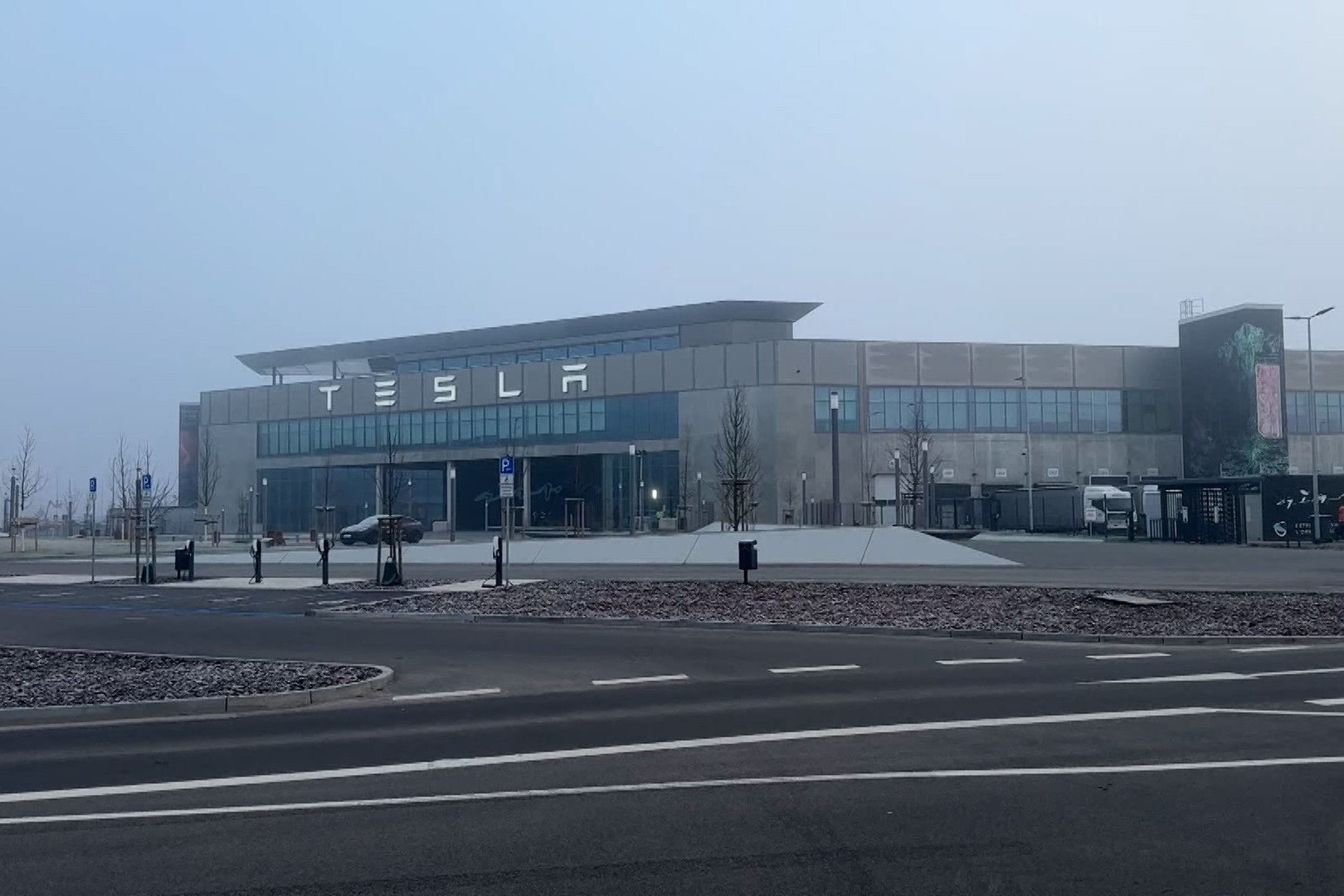According to Focus magazine, Frankfurt has now topped the criminality chart 22 times in the last 25 years. The western city is followed by Hannover and Berlin.
The statistics, expected to be released by the Federal Criminal Police Office (BKA) at the end of October, were reported in the latest edition of the news weekly.
The Focus report caused some consternation among Frankfurt officials. “The statistics are wrong,” said Markus Frank, head of the city’s public order office. “We are one of the safest cities in Europe.”
But following a press enquiry, a BKA spokeswoman did not deny the content of the Focus article.
Frank speculated that Frankfurt’s large banking sector might be responsible for the negative figures. He pointed out that many of the financial crimes committed worldwide, such as credit card fraud, end up being registered in Frankfurt, because so many banks have their headquarters there.
Frank also suggested that many of the crimes could be committed by some of the 53 million passengers who pass through Frankfurt Airport every year. Thus, the city’s statistics would include customs or immigration-related crimes.
Without one of Europe’s biggest air hubs and its banking sector, Frankfurt would be somewhere in the middle of the table, said Frank.
Focus put Munich way down in number 68 on the crime chart, which covers 80 towns with more than 100,000 residents. The safest towns were Fürth in Bavaria, Reutlingen in Baden-Württemberg, and Remscheid in North Rhine-Westphalia.
But the statistics also suggest that Germany is becoming safer on the whole. The BKA recorded 5.93 million crimes in 2010 – the first time the figure has dipped below six million since reunification.
DAPD/The Local/bk




 Please whitelist us to continue reading.
Please whitelist us to continue reading.
Member comments